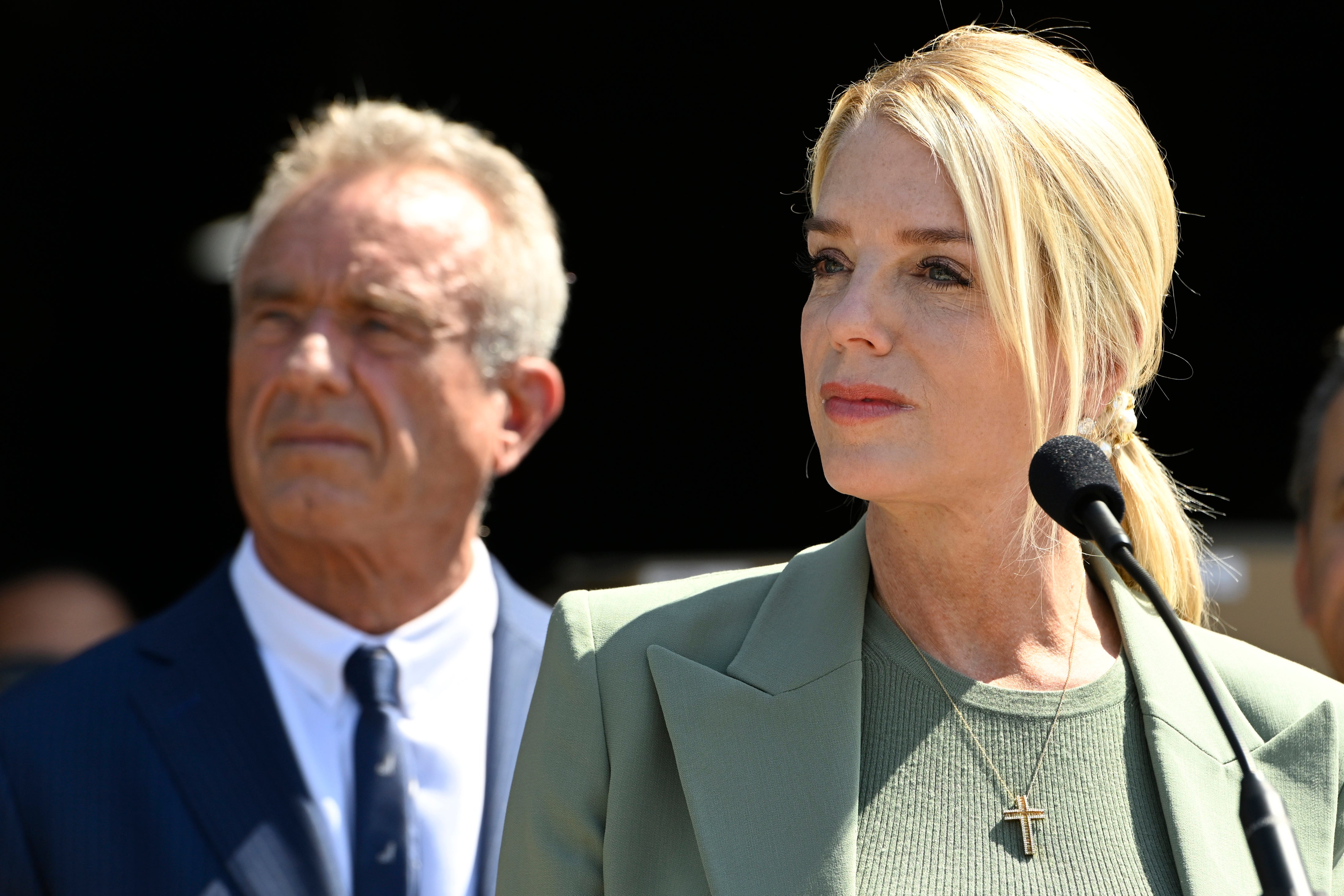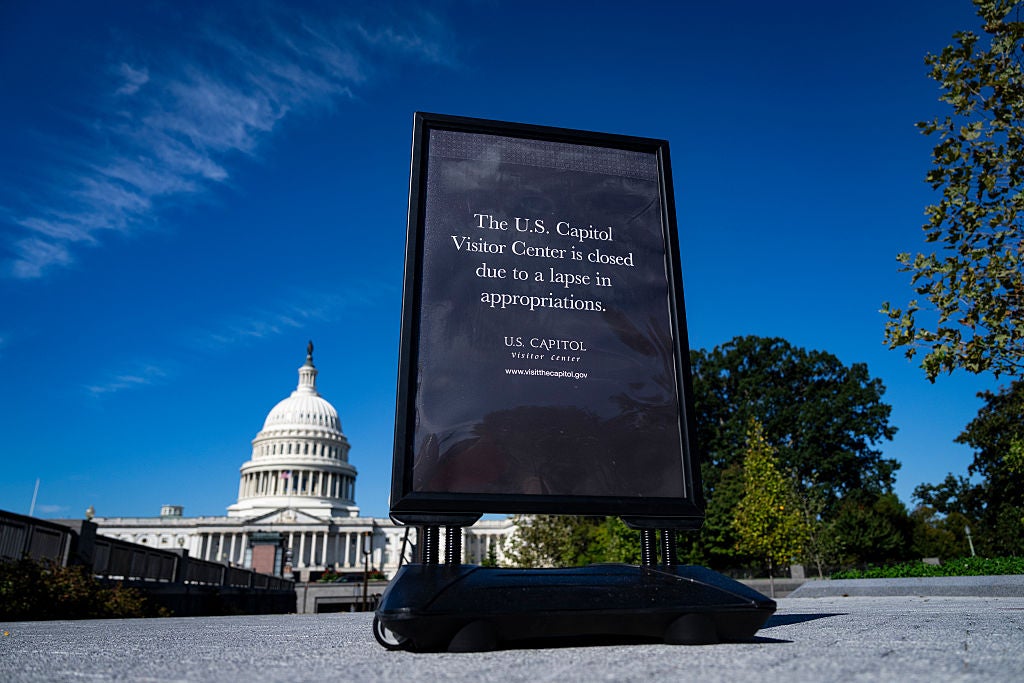Hours after the federal government began shutting down, lawyers with the Department of Justice fired off a series of court filings to freeze litigation in several high-profile cases — including a fight over funding for domestic violence and sexual assault survivors.
Justice Department lawyers are asking a federal judge to pause a case brought by a nationwide coalition of domestic violence, sexual assault and housing organizations, who are suing the Trump administration over sweeping conditions on grant funding that threaten to cut off vital services for survivors.
After taking office, President Donald Trump demanded federal agencies cut off funding to programs with diversity, equity, and inclusion initiatives and groups that support people regardless of gender identity or immigration status, making it virtually impossible for many grant recipients to operate.
Last month, a federal judge temporarily blocked the government from enforcing those requirements while the legal battle continues. But the administration is now leaning on the government shutdown to stop that order from taking effect — as well as orders in other cases targeting the president’s agenda.
“The lapse in appropriations” from the government shutdown “requires a substantial reduction in the workforces” of the targeted agencies, and has “effectively eliminated the ability of counsel who have worked on and are familiar with this case to handle the litigation” while the shutdown continues, government lawyers wrote Wednesday.

The Justice Department has asked a judge to block the court’s order “until the restoration of funding” to federal agencies involved in the case.
Similar motions were filed in other major cases involving the Trump administration, including the brewing legal battles over the federal government’s collection of state voter data.
Several lawsuits from groups supporting domestic violence survivors are challenging funding restrictions that plaintiffs say have “thrown a wrench in this life-saving work.”
Under the Justice Department’s new requirements, Violence Against Women Act funding recipients must certify that they do not support DEI programs, discuss “gender ideology,” or serve undocumented immigrants, even when those services are required by law or essential to survivor care.
One lawsuit targets the departments of Health and Human Services and Housing and Urban Development, which handle grant funding for groups that support victims of domestic violence and sexual assault and people experiencing homelessness.
The Trump administration’s conditions put those groups “between a rock and a hard place,” they wrote earlier this tear.
They said they can either accept the administration’s conditions “and fundamentally change their programming, abandon outreach methods and programs designed to best serve their communities, and risk exposing themselves to ruinous liability,” or decline federal funds and “halt their funded programs” altogether.
In August, a federal judge overseeing a separate case blocked the Justice Department’s Office on Violence Against Women — which distributes the Violence Against Women Act grants — from imposing conditions that were set to take effect that month.

“This order is a critical step toward protecting survivors and ensuring that communities across the country can continue to provide the services Congress mandated,” the plaintiffs said in a joint statement at the time. “The administration’s attempt to politicize essential funding that supports survivors of domestic violence and sexual assault was not just unlawful, it was cruel.”
Last month, domestic violence survivors and their advocates condemned Trump’s remarks dismissing intimate partner violence as a “little fight with the wife,” warning that the president’s dismissive statements send a dangerous message that normalizes abuse.
In a speech at Washington, D.C.’s Museum of the Bible, Trump claimed that crime in the capital city was “virtually nothing” except for “lesser things” that “take place in the home they call crime.”
“They’ll do anything they can to find something,” he said. “If a man has a little fight with the wife, they say, ‘This was a crime,’ see, so now I can’t claim 100 percent.”
The Centers for Disease Control and Prevention found that at least four in ten women and one in four men have experienced physical or sexual violence or stalking by an intimate partner.
Domestic violence is not limited to physical abuse and may include a pattern of abusive behaviors to gain and maintain power and control over a victim, including financial control, stalking and emotional abuse, according to the National Domestic Violence Hotline.



